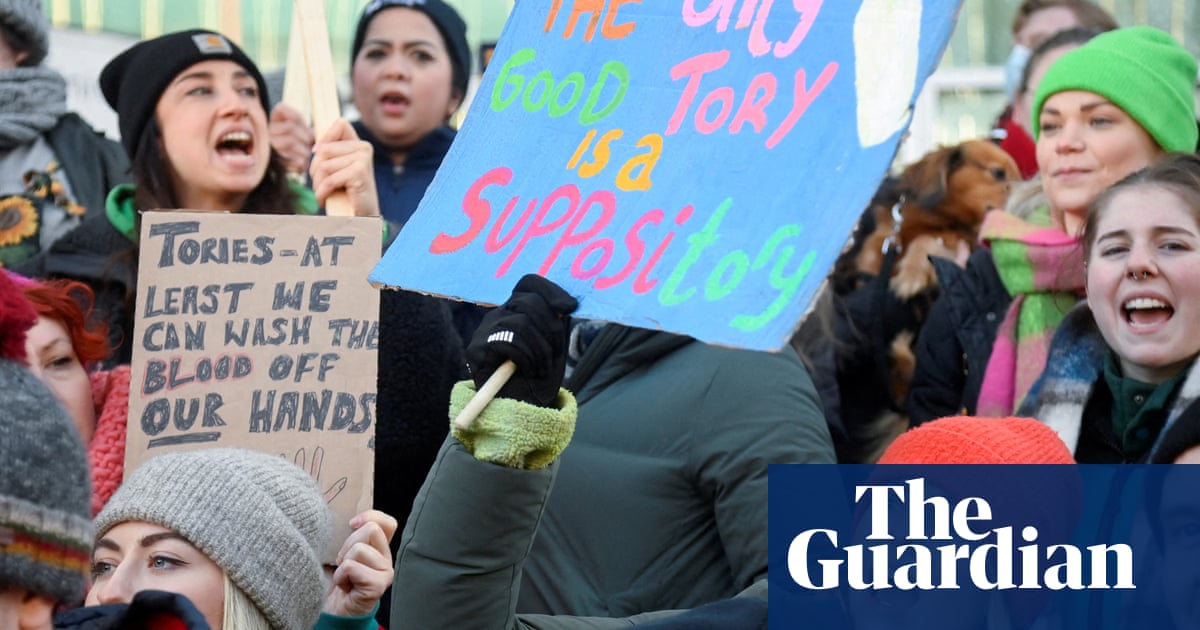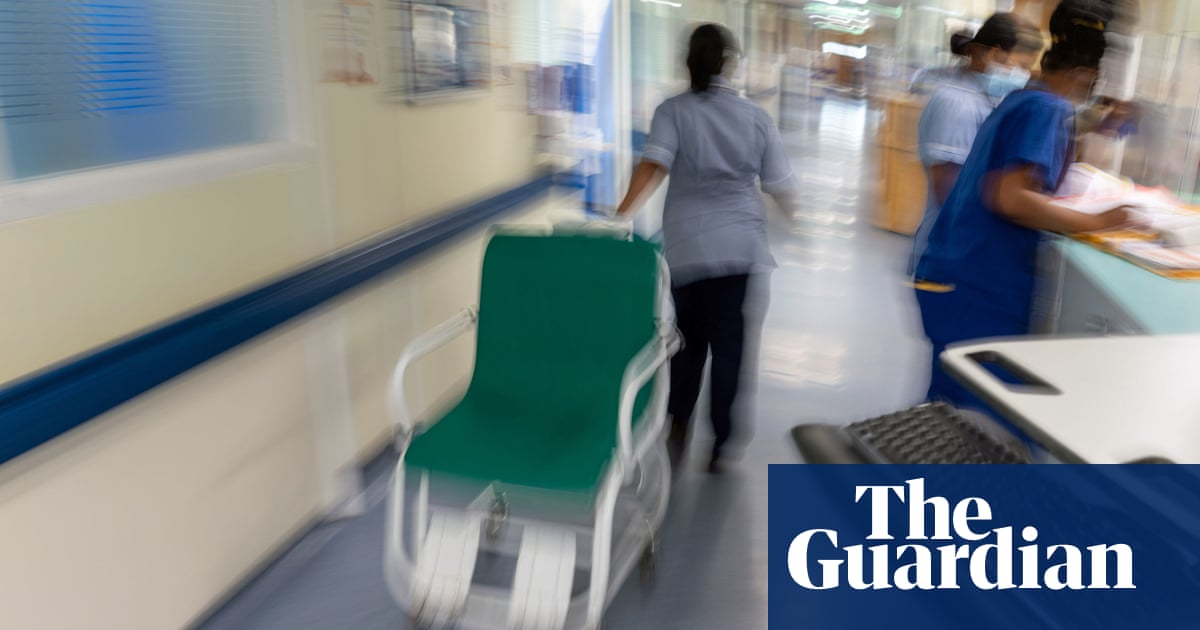
Labour is to engage in “parliamentary warfare” in an attempt to force through an above-inflation pay rise for NHS workers, with the party planning to repeatedly hijack the government’s legislation to secure the change.
Party insiders believe they have already found a way to force a vote on the issue in just a few weeks’ time and are already planning to attach the pay increase to the Queen’s speech in May, should the government fail to increase its 1% offer. Votes on the Queen’s speech are often seen as a test in confidence in the government.
Labour leaders are keen to find a way to force a vote on the issue with many Tory MPs frustrated by the government’s current refusal to back a bigger rise. However, many are anticipating a U-turn, having been told that ministers will reconsider the offer once an independent pay advisory body has reported to them in May.
Party insiders said there was a determined effort to declare “parliamentary warfare” by amending every piece of government legislation put before parliament.
They believe a backbench bill due in April, secured by Carolyn Harris, a Labour MP and aide to Keir Starmer, gives them the first real chance for a non-binding vote that heaps pressure on Tory MPs and the government.
Writing for the Observer, Jonathan Ashworth, the shadow health secretary, said he was “putting ministers on notice today that we will take that battle to parliament”. He said: “We will use every opportunity we can find to bring vote after vote to force ministers to abandon this pay cut.
“There is legislation that can be amended and bills that can be brought forward,” he writes. “This matter will come to a head sooner or later and we will make sure MPs are forced to choose. We need investment in our workforce to deliver the quality healthcare too many are currently denied and to cut waiting lists so patients can get the treatment they need. Ministers should agree a multi-year pay deal with staff. In starting talks, they should take their pay cut off the table and not set a ceiling.
“That does not mean a one-off payment or one-year deal, nor a settlement that tries to buy off some staff, but not others. It means an agreed, fair pay settlement for all of our NHS staff.”
It comes after the chancellor, Rishi Sunak, insisted last week that a 1% pay rise for NHS staff was fair. He said that alongside a pay freeze across the public sector, it was “proportionate, fair and reasonable” given the economic damage caused by the pandemic. He said many workers in the private sector had lost their jobs.
According to research by the Health Foundation thinktank, NHS wages were £600 per employee lower in real terms at the start of the pandemic than in 2011-12. While earnings have risen at around 1.5% a year, inflation has run at an average of 1.8% a year.
The latest Opinium poll for the Observer suggests the popularity of Sunak’s recent budget has been dented in the wake of the row over NHS pay. Some 39% approve of the budget, down 13 points since a snap poll on budget day, with 22% disapproving – up 10 points. There are now 42% who thought it was fair, down 9 points, and 29% who think it was unfair, up 10 points.
However, on the overall handling of the economy, the government still holds a 17-point lead over Labour, with 42% saying they would trust Sunak and Johnson more to handle the economy (up 3 points) and 25% trusting Starmer and shadow chancellor Anneliese Dodds. Johnson’s personal approval rating has surpassed that of Starmer for the first time since May last year. Approval for the job Johnson is doing has increased by 6 points to 45% over the last fortnight, while 38% disprove - down 3 points. Starmer’s ratings have held steady, with 34% approving, up 1 point, and 29% disapproving, also up 1 point.
Labour has made NHS pay a key part of its local election strategy. Starmer launched Labour’s campaign by saying that “a vote for Labour is a vote to support our nurses, to rebuild social care and to reward our key workers”. However, the Labour leadership has come in for criticism from the left of the party for only demanding a rise of “at least” the 2.1% NHS workers were initially promised under government plans. NHS nurses have demanded a 12% rise.












